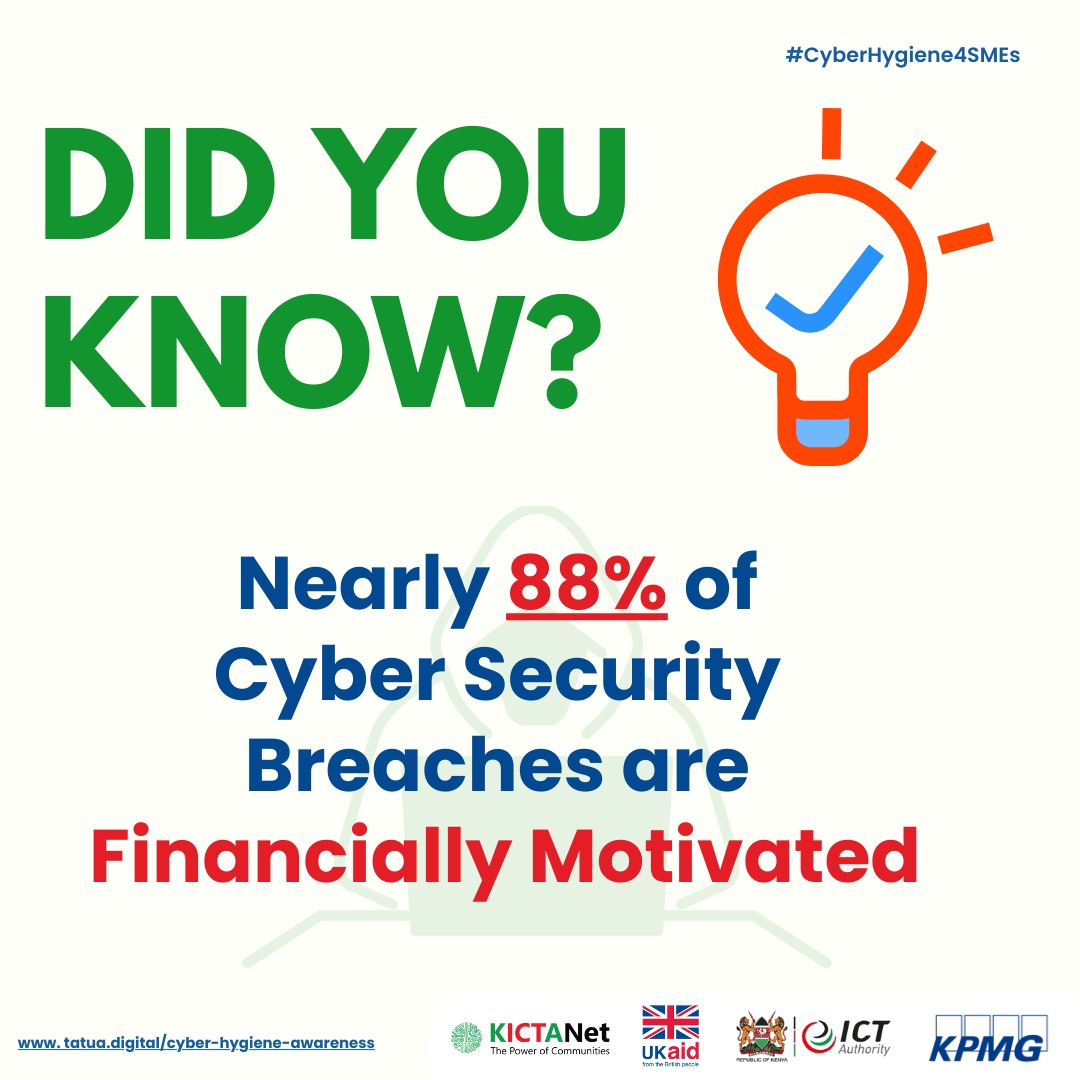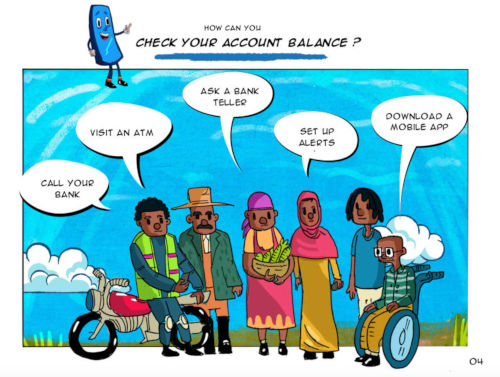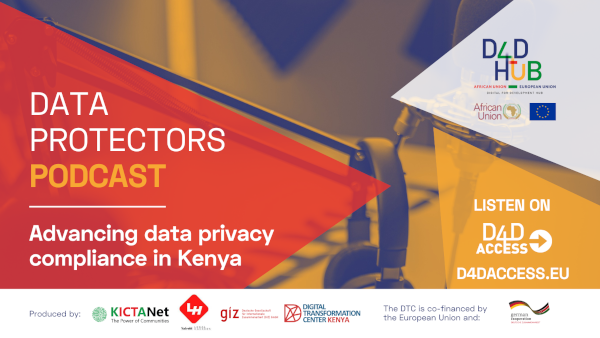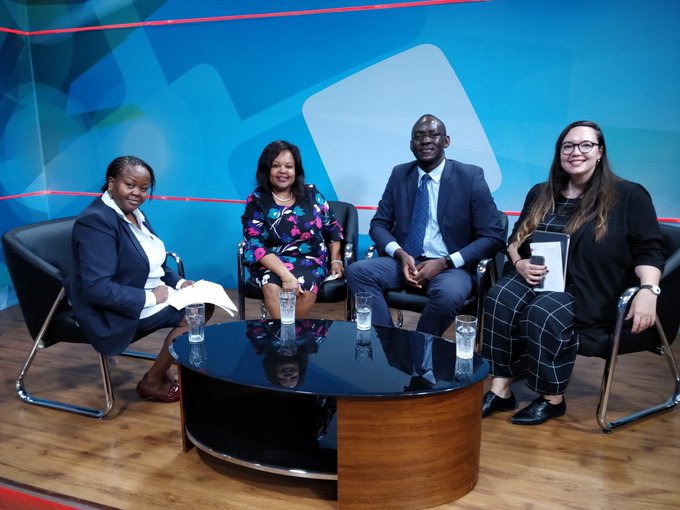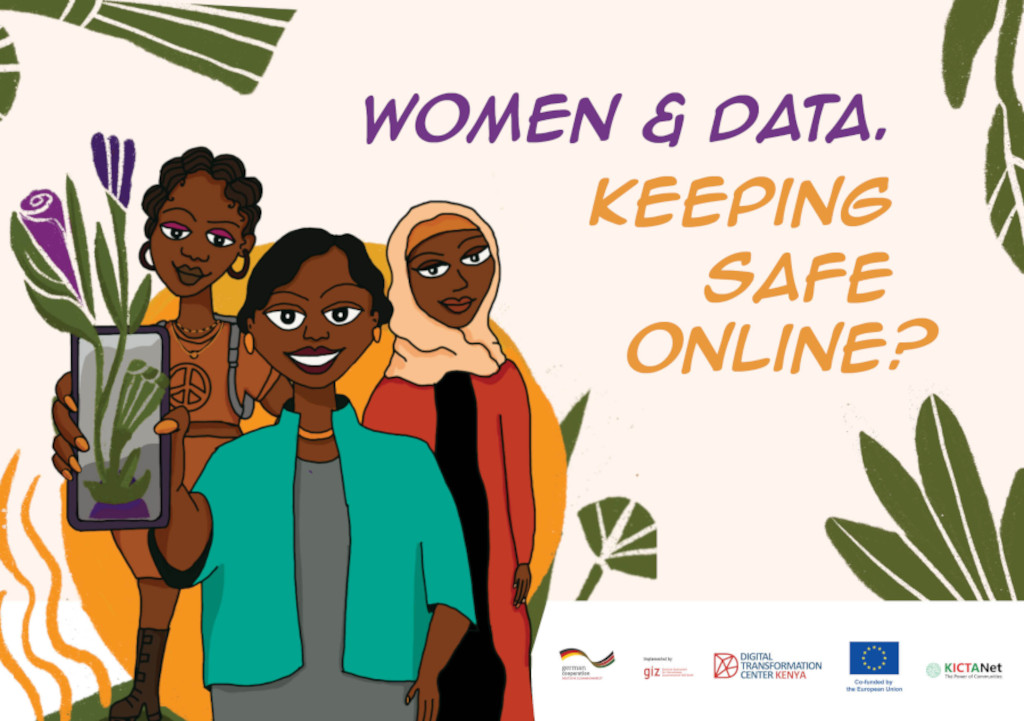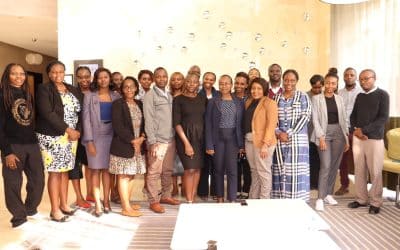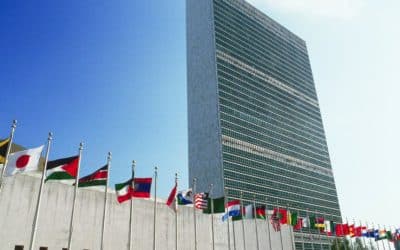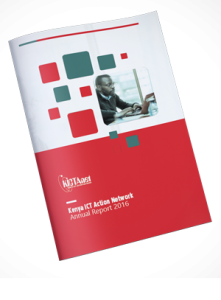KICTANET POST : Latest news, events & opportunities
Digital Accessibility at KICTANet
Part I The Digital Accessibility program, which started a year ago as ICT Access and Equality for Persons with Disabilities, have seen a myriad of achievements in the digital space in Kenya and beyond. Looking back, and in celebration of the program's first...
National ICT Dream Team Unveiled by CS Owalo to Lead Kenya’s ICT Sectoral Reforms
Cabinet Secretary for ICT, Mr. Eliud Owalo, inaugurates a team of technocrats to lead Kenya in policy, legal, and legislative reforms in the ICT sector. The team will address the challenges posed by emerging technologies and draft relevant bills, policies, and strategy documents. The team is led by seasoned ICT veteran Professor Tim Waema.
![]()
Cross-Platform OGBV: An Insidious Problem
Lucy Dawson shared a wholesome TikTok video of how she began walking with the aid of a cane. It ended with someone on Meta using her pictures to solicit money on a fake account with 52,000 followers. But not before someone reposted the clip on Twitter to amplify the...
Digital Literacy Training as an Enabler to Meaningful Access in Kenya
According to ITU’s definition, Meaningful connectivity is a level of connectivity that allows users to have a safe, satisfying, enriching, and productive online experience at an affordable cost. Meaningful connectivity depends on several factors known as connectivity...
Navigating TikTok and Digital Content Platforms: Insights for African Governments
TikTok, a digital content platform launched by Chinese company ByteDance in 2016, has gained immense popularity worldwide. Kenya leads in TikTok usage, with 54% of global users. However, TikTok presents challenges, especially for children and young people, who may...
Africa Climate Summit Comes to Kenya – What are the possible ICT Solutions?
The Africa Climate Summit will be held in Nairobi from September 4-6, where over twenty heads of state and government will deliberate and prioritize various climate-related action points. This article discusses the climate change challenge and the possible contributions that Kenya’s ICT fraternity can make. Some of the proposed solutions include the Kenya Carbon Emission Reduction Tool, renewable energy to drive ICT infrastructure, and bringing transparency in carbon-trading markets.
![]()
Joint Statement to Parliament: TikTok Ban Would Violate Kenyans’ Digital Rights
We, the undersigned organisations, note with great concern a petition tabled on 15 August 2023 before Kenya’s National Assembly seeking to ban TikTok. While we note the salient issues concerning TikTok’s content moderation practices that have led to the spread of...
UN Cybercrime Convention Negotiations Enter Final Phase
A summary of the status and implications of the UN Cybercrime Convention, and an invitation to a panel discussion featuring KICTANet and other experts.
![]()
Worldcoin Project: A Case for Regulatory Sandbox in Kenya Their Role and Opportunities
The Worldcoin Project, a controversial biometric-based cryptocurrency, sparks a debate on how to balance innovation and regulation in Kenya. A regulatory sandbox could be a solution.
![]()
KICTANet is a multi-stakeholder Think Tank for ICT policy and regulation. The Think Tank is a catalyst for reform in the Information and Communication Technology sector. Its work is guided by four pillars of Policy Advocacy, Capacity Building, Research, and Stakeholder Engagement.
KICTANet’s mission is to promote an enabling environment in the ICT sector that is robust, open, accessible, and rights-based through multistakeholder approaches.
During the 2022 – 2024 strategic period, KICTANet has prioritised the promotion of effective multistakeholder participation; an enabling legal, policy and regulatory environment; building capacities and empowered communities; and institutional strengthening. KICTANet’s guiding philosophy encourages synergies in ICT policy-related activities and initiatives. As such, the network provides mechanisms and a framework for continuing cooperation, engagement and collaboration in ICT matters among industry, technical community, academia, media, development partners, civil society and government.
_____
Strategic Priority.
- Convening power. To strengthen and promote engagement, collaboration and relationships with relevant stakeholders (state, business and non-state actors).
- Promoting an enabling environment. To catalyse policy, legislative and regulatory reforms in the ICT sector.
- Building capacities and empowered communities. To build the capacity of the stakeholders across government, business society and civil society and the citizens.
- Institutional strengthening.
The report outlines the work undertaken in between 2007 and 2016 which is underpinned by crowd sourcing and community engagement
Click here to download the report
FACTS AND FIGURES
Achievement of the Network over the Years
Publications
Thought Leadership Forums
Persons trained
Policy Interventions
Conversations in KICTANET listserv
Active listers contributing often
Different conversation threads
Impressions on ICT policy discussions
Our Pillars
KICTANet’s organisational strategy:
Policy Advocacy
Capacity building
Research
Stakeholder engagement
We facilitate stakeholder engagement through collaborative initiatives in face-to-face Town Hall meetings, and in the KICTANet?s interactive mailing list where multiple stakeholders engage regularly on ICT policy issues.


